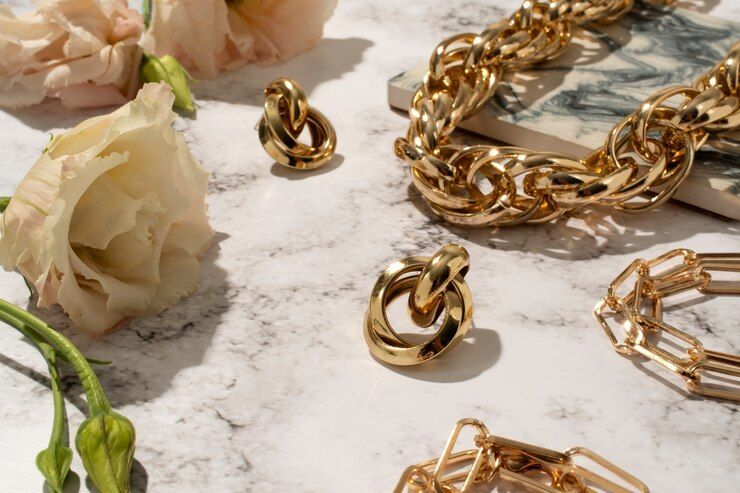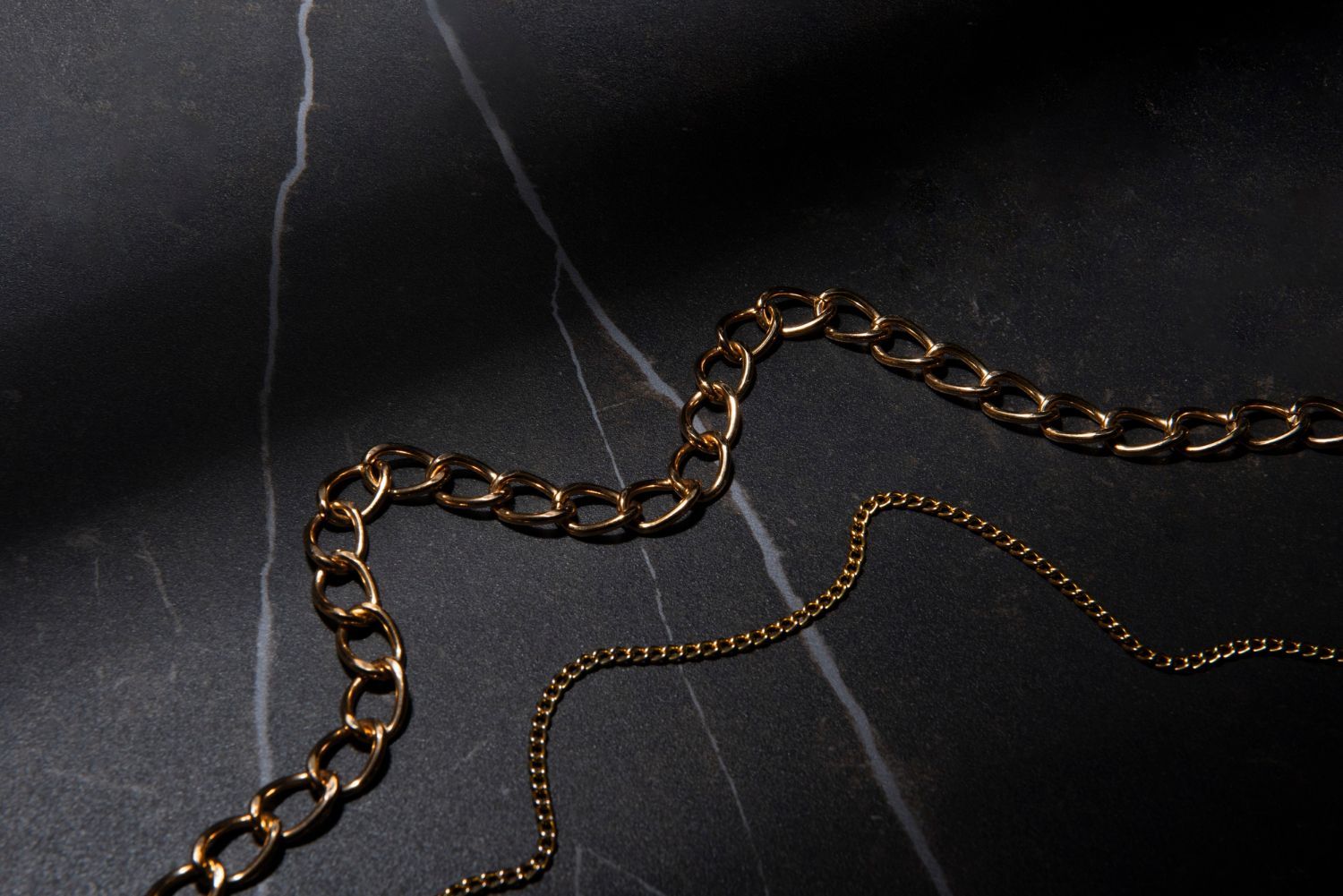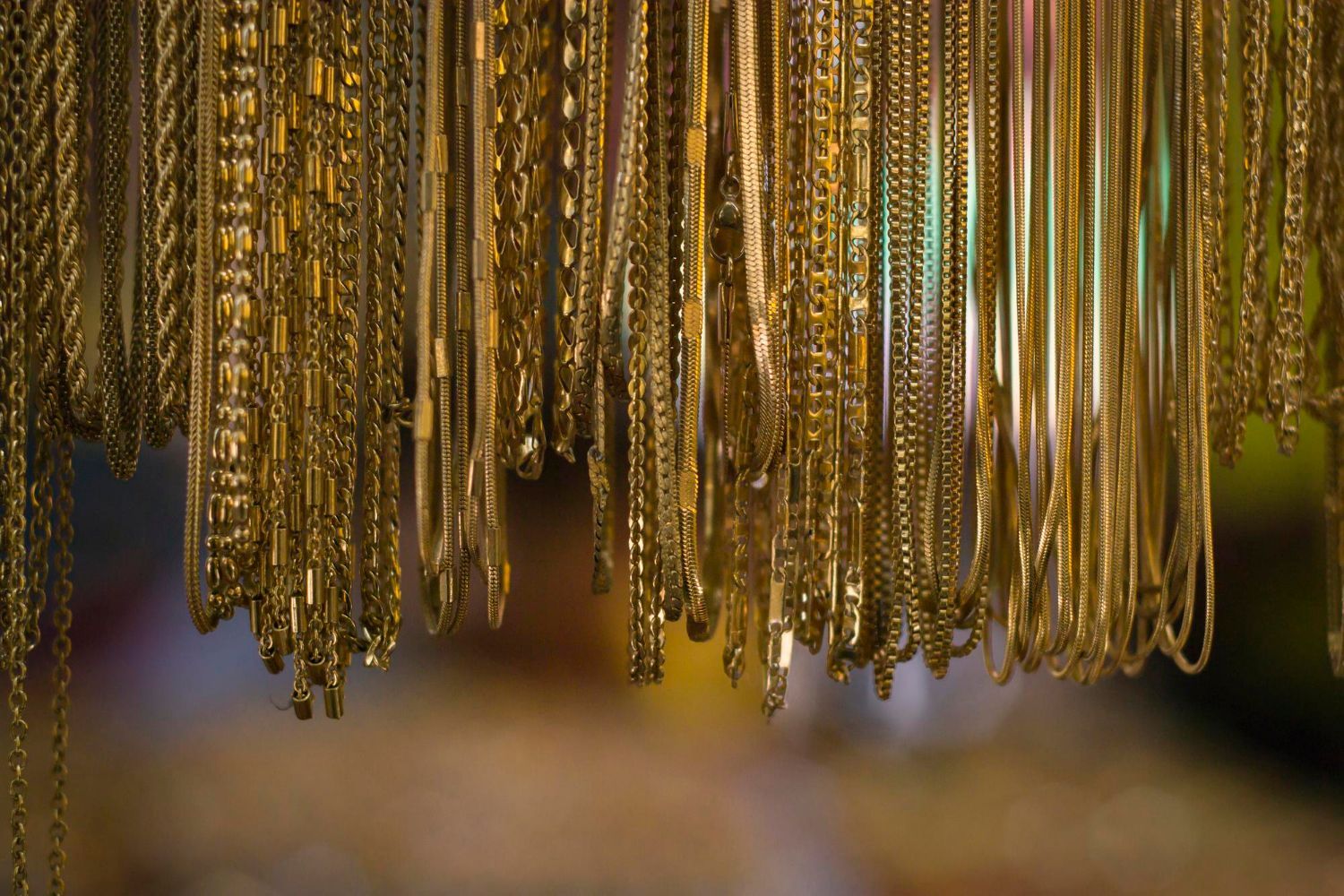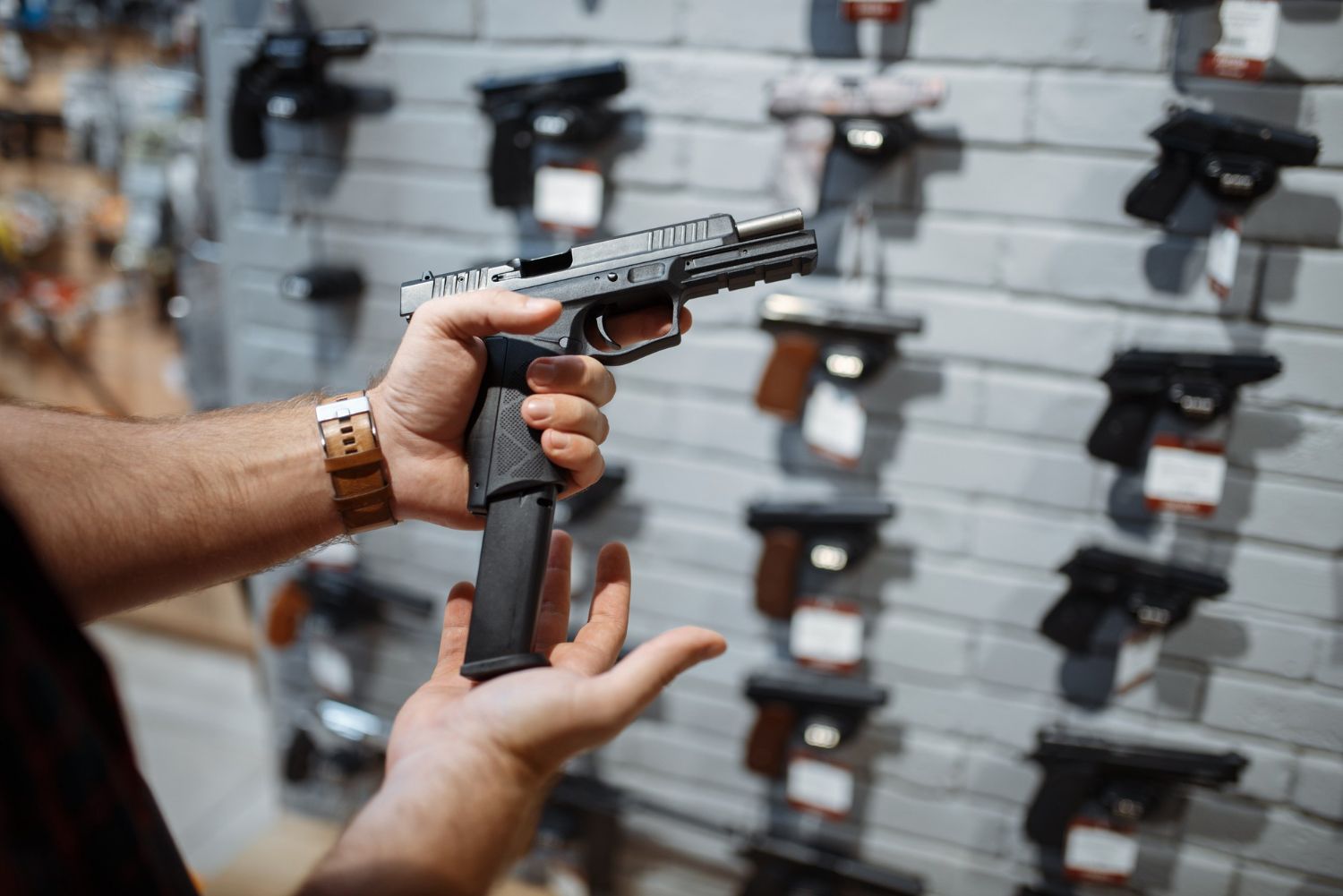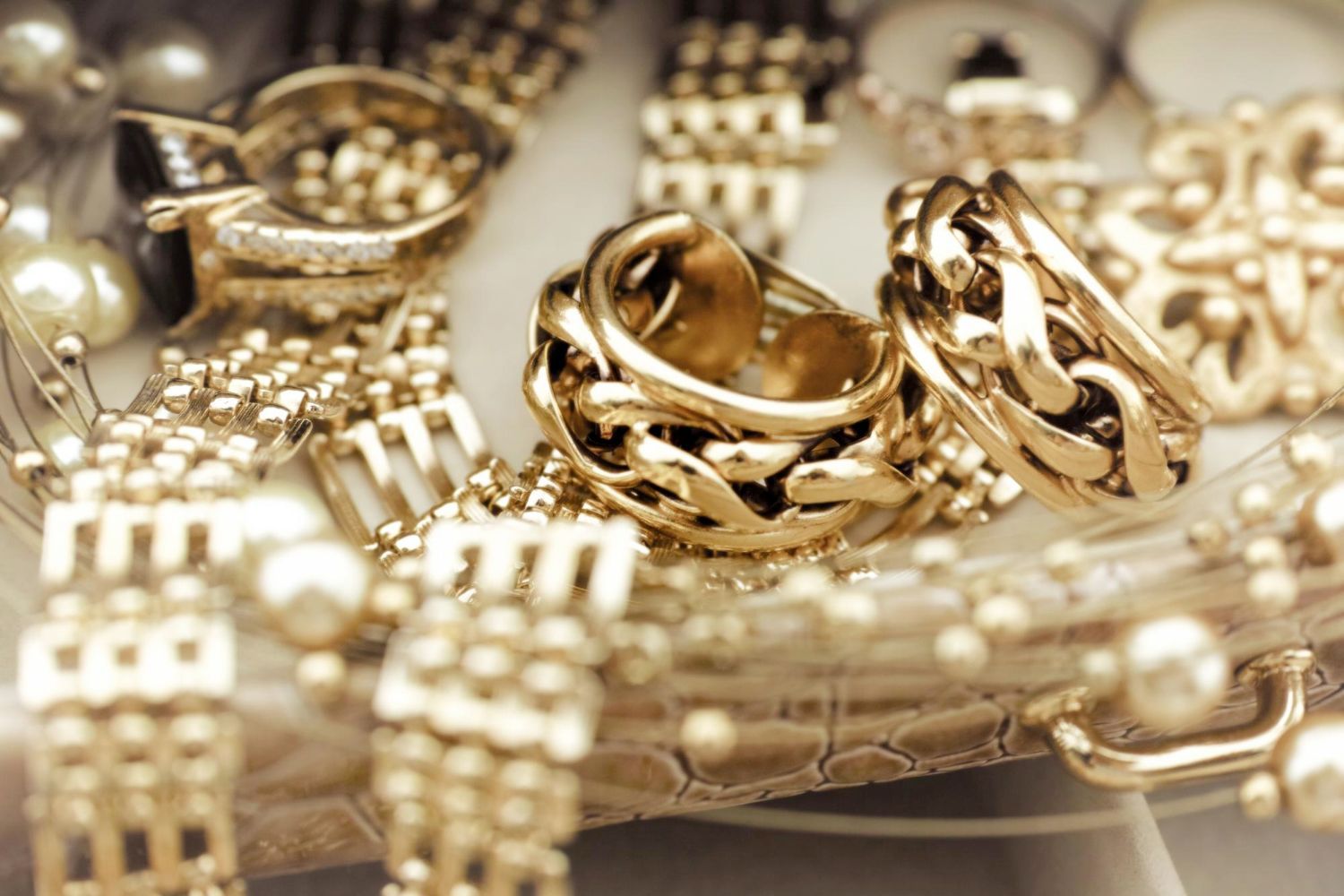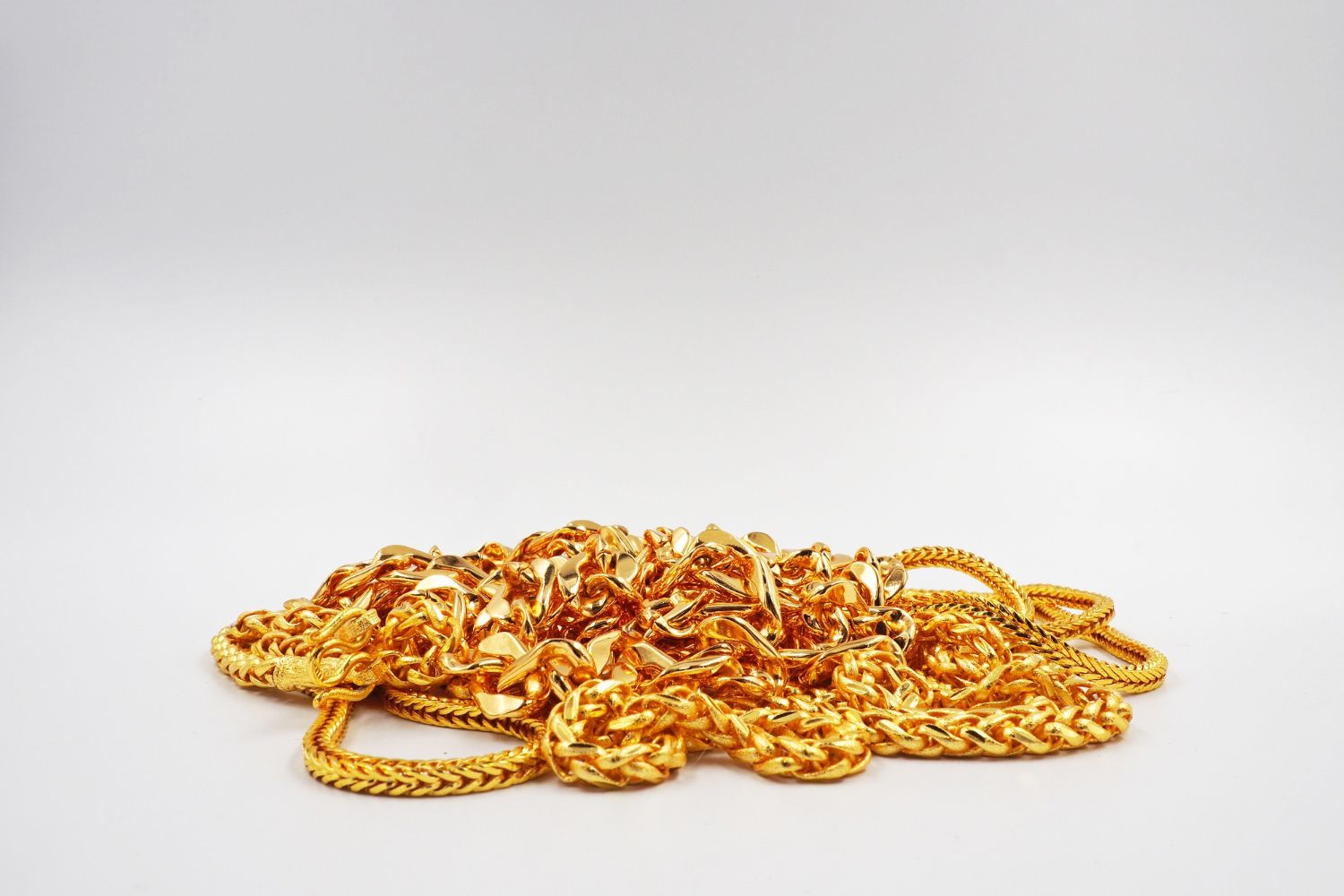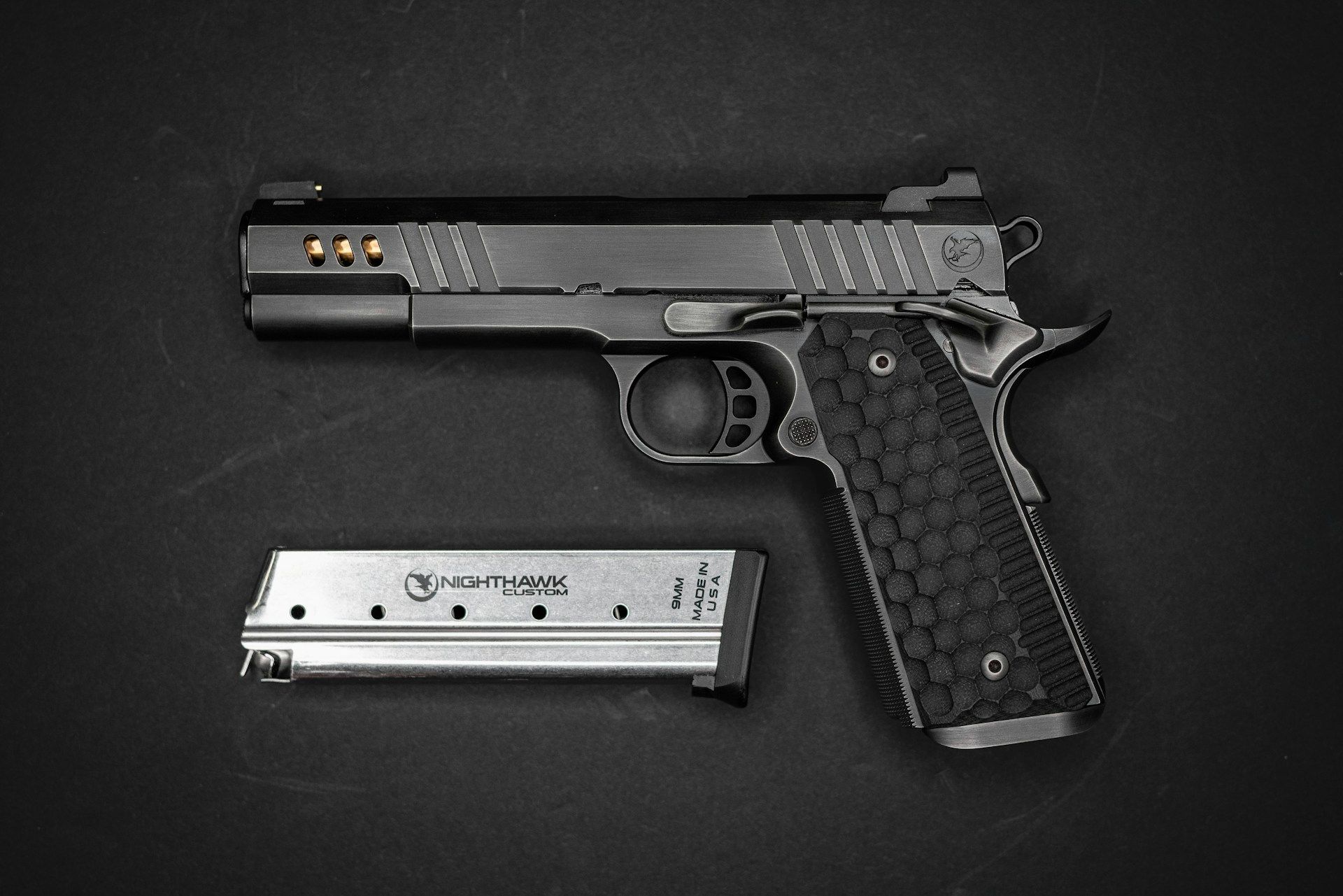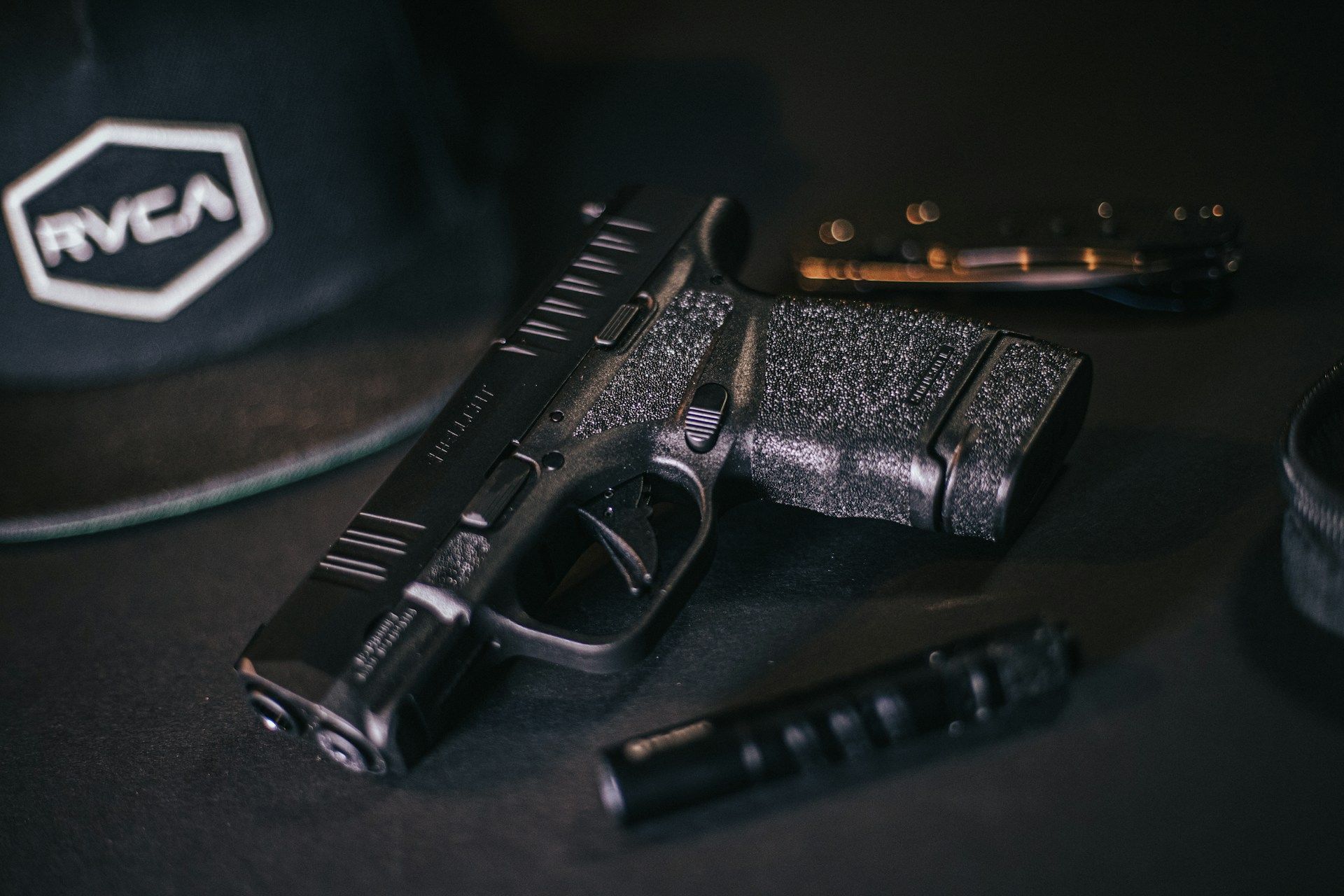Why Your Gold Jewelry Gets Rejected at Pawn Shops
Pawning gold jewelry can be an attractive option when you need quick cash. It seems simple: bring your gold pieces to a pawn shop and walk out with money in hand. But reality can be more complicated. Sometimes, the golden heirlooms or shiny necklaces you cherish might not be accepted. Understanding why can help you prepare and improve your chances of success.
Nobody likes seeing their valuables turned away. Whether it's misunderstanding how pawn shops work or having items in less-than-perfect condition, there are several reasons your prized jewelry might not be accepted. Let's explore these possibilities so you can avoid rejection and improve your experience when you decide to pawn gold jewelry.
Common Reasons Gold Jewelry is Rejected
- Poor Condition: Gold jewelry that's been through the wringer might not please the keen eye of a pawnbroker. If your rings, bracelets, or necklaces show signs of wear, damage, or excessive scratching, they might be declined right at the door. Think of it like trading in a car with a battered frame; appearance matters. Regular cleaning and occasional maintenance can help keep your pieces in good shape.
- Fake or Low-Quality Materials: Shops examine pieces to ensure they're tapping into genuine materials, and fake or low-quality gold won't make the cut. Jewelry that doesn't meet the standard purity levels or contains non-gold materials might be rejected. If a necklace or bracelet appears suspicious or has questionable hallmarks, it will likely raise red flags. A quick test at home with a magnet might hint at authenticity since real gold isn’t magnetic.
- Missing Documentation: Imagine selling a house without showing ownership documents; the process wouldn't fly. Similarly, pawn shops value proper documentation to confirm ownership, prove authenticity, and understand history. Lacking papers may lead to outright refusal, as it prompts concerns about the item's legitimacy. Keeping certificates or original receipts handy might add credibility and trustworthiness.
These points reveal that preparation and knowledge can make a difference when pawning gold jewelry. Understanding and tackling these common hurdles will not only make the process smoother but also more rewarding when your jewelry finds acceptance in the hands of a discerning pawnbroker.
Factors Evaluating Jewelry
When it comes to accepting gold jewelry, pawn shops have a few key factors they weigh. Gold purity is right at the top of that list. Purity plays a big role in a piece's value. The higher the karat, the more likely it is to catch the pawn shop's interest. Jewelry that meets or exceeds purity standards is more appealing because it holds greater intrinsic value.
Next, keep an eye on market value. The price of gold constantly fluctuates, impacting the decision to accept or reject a piece. If gold prices are on the higher side, even lower-quality jewelry might fetch more interest. Conversely, during a drop, higher purity and better condition pieces stand out.
Finally, item demand can sway a pawnbroker’s choice. Sometimes, what's in fashion or trending impacts what they look for. If vintage pieces are having a moment, a sleek, modern bracelet might not get the nod. Understanding these factors can give you a better idea of where your jewelry stands.
Tips to Improve Acceptance Odds
To increase the chances of your gold jewelry being accepted, taking care of your items is crucial. Regular maintenance and cleaning can make a world of difference. Not only does it improve the appearance, but it also shows that you care about your jewelry. A good polish can revive the sparkle and make your pieces more inviting to potential appraisers.
A professional appraisal is another strong step toward acceptance. It provides a detailed assessment of your jewelry's value and authenticity, which can be very persuasive in the acceptance process. Armed with an appraisal, you present an indisputable value statement.
Documentation also plays a significant role. Before heading to a pawn shop, gather any papers that prove your ownership and validate authenticity. Receipts, certificates, and any origin details act as a security blanket, ensuring the trust of the pawnbroker.
What to Do if Rejected
Finding out your jewelry didn't make the cut can be disappointing, but don't let it dishearten you. First, consider exploring alternate options. Selling to a jeweler, auctioning, or even trying another pawn shop can be viable paths.
Re-evaluation is another approach. Time and effort spent improving the condition of your jewelry can sometimes change its fate. Consider getting a second appraisal or asking for advice on upping the quality of your piece. What might not pass muster today could gain approval tomorrow with a little extra care.
Remember, pawning is not an immediate science. Understanding what influences acceptance gives you a better fighting chance at a successful pawn experience. Getting a step ahead by addressing common pitfalls can set the stage for a smoother transaction next time.
Thinking about making the most out of your gold jewelry? Consider
pawn gold jewelry with Kennesaw Mountain Pawn. We’ll help you understand what your pieces are worth and offer a smooth, respectful process from start to finish. Whether you're after quick cash or just want a fair offer, our team in Marietta is ready to help you take the next step.


